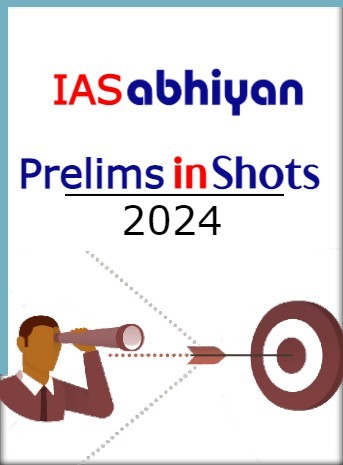Context
- The decision to go without “Question Hour” during the Monsoon Session of Parliament, has evoked serious concerns about the democratic functioning of the institution. Question Hour is not only an opportunity for the members to raise questions, but it is a parliamentary device primarily meant for exercising legislative control over executive actions.
Value Edition for Mains: These are democratic rights members of Parliament have enjoyed even under colonial rule. “The sad part is that this right is being denied to the elected representatives of Independent India, by the present government,”
Back to Basics
About Question Hour
- Generally, the first hour of a sitting of Lok Sabha is devoted to the Questions and this hour is called the Question Hour.
- During the Question Hour Members of Parliament ask questions of ministers and hold them accountable for the functioning of their ministries.
- The questions that MPs ask are designed to elicit information and trigger suitable action by ministries.
Importance of Question Hour
- Question Hour is not only an opportunity for the members to raise questions, but it is a parliamentary device primarily meant for exercising legislative control over executive actions.
- The government’s actions erode the constitutional mandate of parliamentary oversight over executive actions as envisaged under Article 75 (3) of the Indian Constitution.
Background
The right to question the executive has been exercised by members of the House from the colonial period.
- The first Legislative Council in British India under the Charter Act, 1853, showed some degree of independence by giving members the power to ask questions to the executive.
- Later, the Indian Council Act of 1861 allowed members to elicit information by means of questions.
- The Indian Council Act, 1892, which formulated the rules for asking questions including short notice questions.
- The next stage of the development of procedures related to questions came up with the framing of rules under the Indian Council Act, 1909, which incorporated provisions for asking supplementary questions by members.
- The Montague-Chelmsford reforms brought forth a significant change in 1919 by incorporating a rule that the first hour of every meeting was earmarked for questions.
- In 1921, there was another change. The question on which a member desired to have an oral answer, was distinguished by him with an asterisk, a star. This marked the beginning of starred questions.

